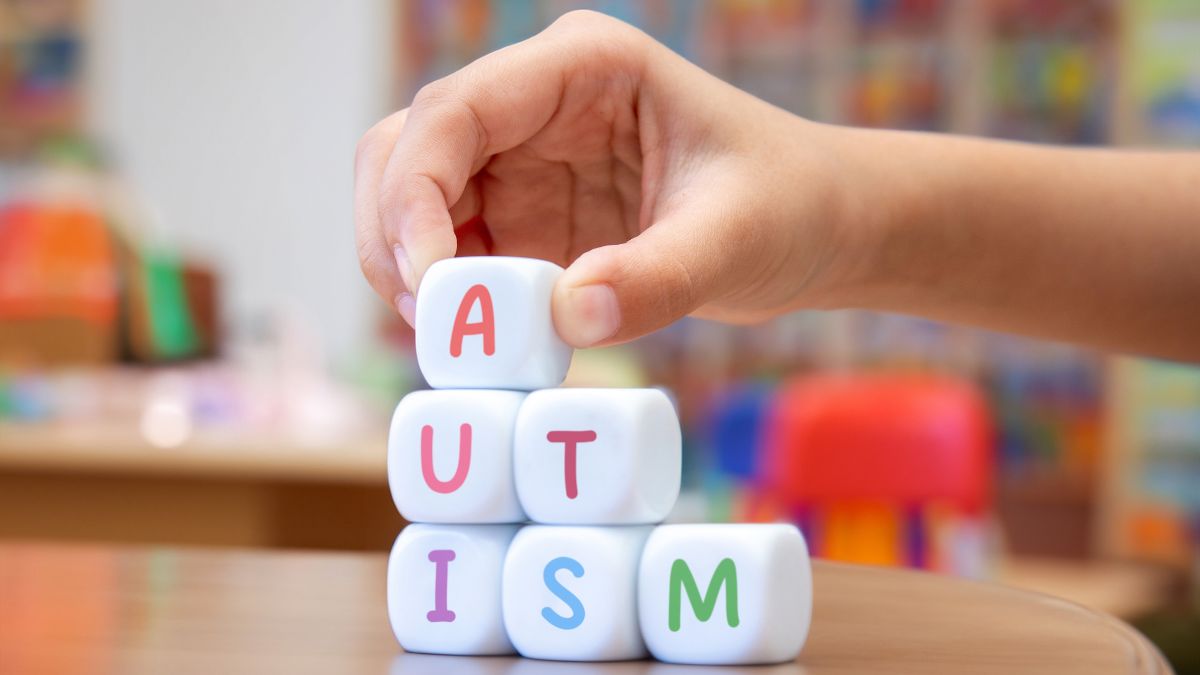If you are a caregiver for someone with autism, we have some exciting news! Several United States Representatives have introduced a bipartisan bill, entitled the Autism Family Caregivers Act, to the House floor, which would help provide support and assistance to those who need it. We have everything you need to know about the bill, including what other resources are currently available for caregivers, below.
What to know about the Autism Family Caregivers Act
At the end of June, several congressmen, including Don Bacon from Nebraska, Henry Cuellar from Texas, Brian Fitzpatrick from Pennsylvania, Grace Meng from New York, Dave Min from California and María Salazar from Florida, introduced the Autism Family Caregivers Act to the House of Representatives.
If passed, it would help provide support to those with family members who have autism by creating community centers. award grants to nonprofits and help fund hospital training for caregivers looking after people with different neurological disorders.
“Children with autism spectrum disorders and other developmental disabilities deserve to have all the tools they need to reach their full potential in life,” Meng said in a statement, per Autism Speaks. “In order to make that possible, we must make sure caregivers are equipped with the training and support to provide the level of assistance each child needs. This bipartisan bill demonstrates our commitment in Congress to the dedicated caregivers who are giving endless amounts of time and energy toward helping their loved ones live full and complete lives.”
Since the introduction, they have launched a five-year Caregiver Skills Training Pilot Program, which will “award grants to eligible entities to provide evidence-based caregiver skills training to family caregivers,” according to the bill.

“This five-year pilot program will award grants to community organizations nationwide. Through evidence-based training, we’ll help families better support their loved ones with improved communication, daily living skills, and behavior management,” Bacon said in the same statement as Meng. “I’m pleased to co-lead the Autism Family Caregivers Act, important bipartisan legislation providing essential skills training to family caregivers of children with autism and developmental disabilities.”
The Autism Family Caregivers Act was initially introduced by former Senator Robert Menendez in 2023, but it was never given a definitive yes or no, which prompted the current congressmen working on it to reintroduce it in the hopes of finally passing it.
“As Co-Chair of the Congressional Autism Caucus, I am committed to empowering caregivers that serve children with autism,” said Cuellar in the statement both Meng and Bacon released. “I applaud my colleagues for working across the aisle to help introduce the bipartisan Autism Family Caregivers Act. This bill will train family caregivers using existing medical facilities and organizations to help improve the well-being of children with autism and developmental disabilities.”
Currently, there is no word on when exactly the bill will be discussed in length on the House floor or if it will be passed. For it to do so, it must pass the House, then the Senate and then be signed by the President of the United States, after which it would finally be enacted as a law.
What other resources are available for caregivers

Since the Autism Family Caregivers Act hasn’t been enacted yet, the resources aren’t fully available. However, if you need immediate support, there are several options available.
First, most cities and states offer free support groups where people can gather and discuss the challenges they’re facing in their lives. There is also an organization called Autism Speaks, which can help you find therapists and other professionals who specialise in the neurological disorders, such as doctors, lawyers, financial experts and more.
Along with that, many places nationwide have something called Respite Care, which is a free organization that will watch people with Autism and other neurological disorders for free, allowing their caregivers to take a break and do other things, such as run errands, clean or just relax.






